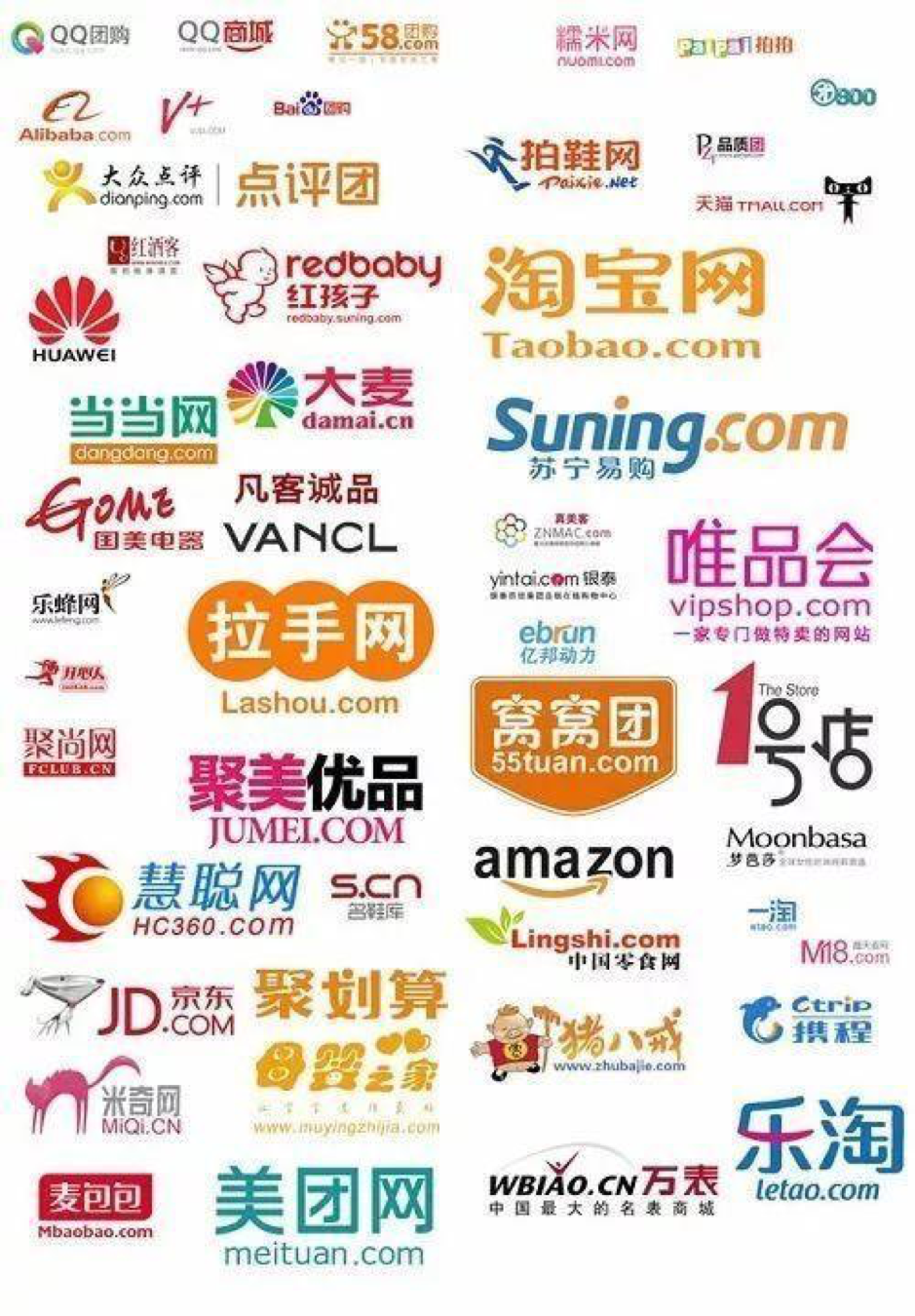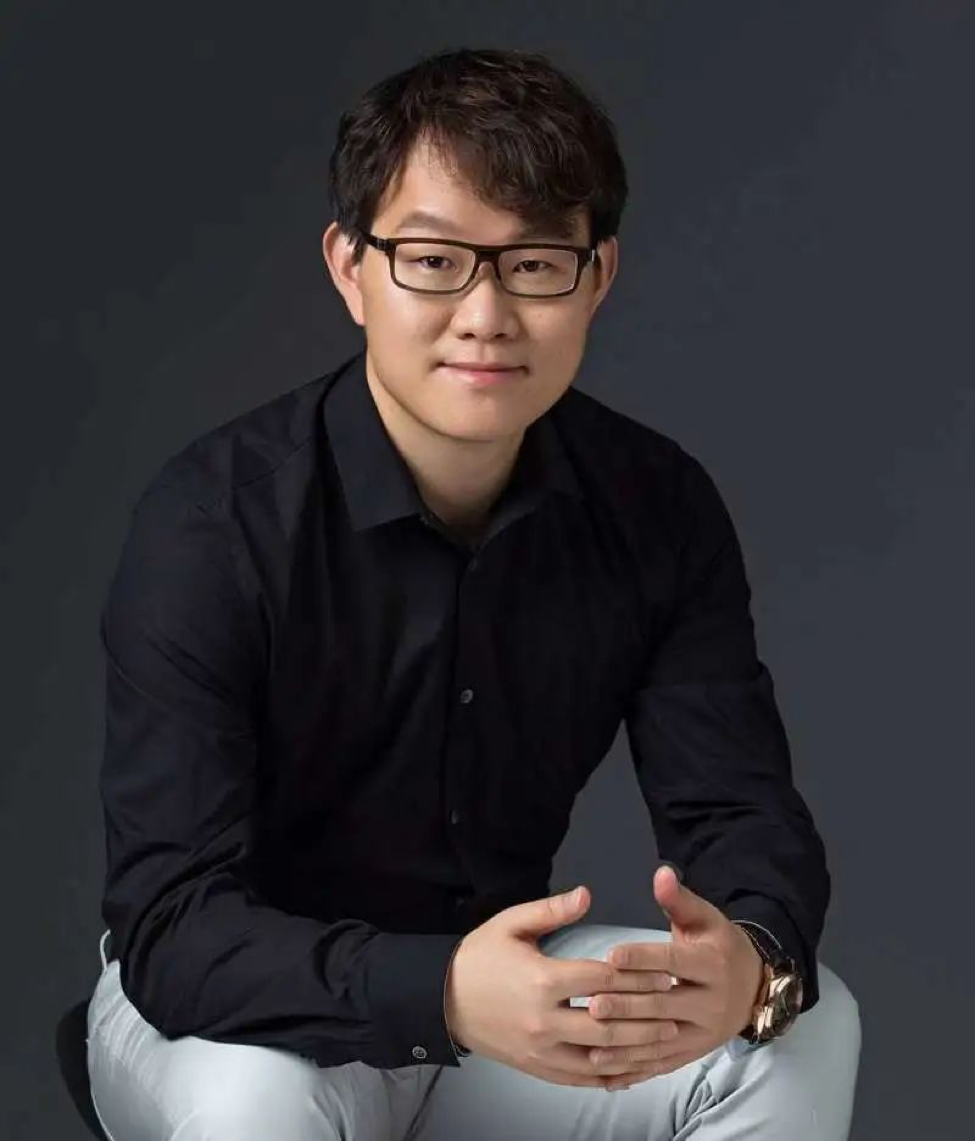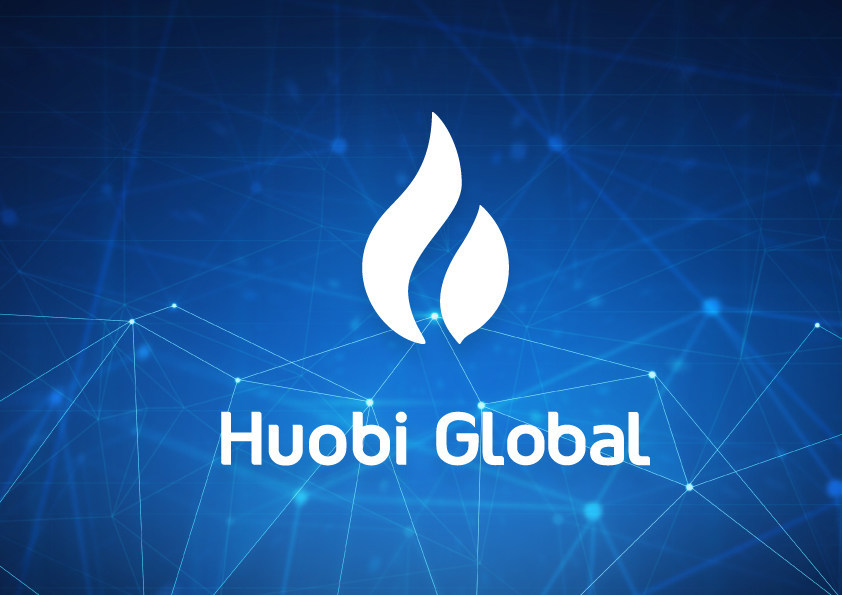News
【Bitpush Biography Series】The Ups and Downs of Xu Mingxing and Li Lin: Bitcoin Changes Their Life
Summary: In the six million years from the origin of mankind to the present, the history of human civilization has only developed for a few thousand years, but the changes brought by modern civilization and high technology are the most strokes in human history. In the 20th century, the Internet economy has experienced multiple cycles of ...
In the six million years from the origin of mankind to the present, the history of human civilization has only developed for a few thousand years, but the changes brought by modern civilization and high technology are the most strokes in human history.
In the 20th century, the Internet economy has experienced multiple cycles of outburst, bubble, collapse and then prosperity. Nowadays, almost everyone's lifestyle has been changed by the Internet.
In the 21st century. Satoshi Nakamoto first proposed Bitcoin and blockchain in 2008. In 2011, China’s first digital currency exchange was established. After 9 years, Xu Mingxing’s OKcoin and Li Lin’s Huobi have secured the top spot in China’s exchanges. They were of the same age and started their businesses almost at the same time. Both of their names were shown on the Hurun Rich List in 2018 and 2020. They are competitors, but also share common interests.
One is “Conservative”, the Other is “Risky”
Li Lin and Xu Mingxing both belong to the post-80s generation, and Li is three years older than Xu. In 2000, Li Lin was admitted to Tongji University with a high score of 640. He learnt all kinds of computer software by himself and worked part-time to support himself. Tsinghua University is his dream school. After four months of study, he became a graduate student majoring in Automation in Tsinghua University and got the degree in two years.

Xu Mingxing chose a more "risky" path. After graduating from the Department of Physics at the University of Science and Technology Beijing, he was admitted to the Renmin University of China as a graduate student, however, he dropped out because he thought school was too boring and he wanted to do something different. Jack Ma, who was also from Jiangsu(a province in China), was already a household name at that time and he is Xu’s idol.
Join the Internet Boom and Start Business
After graduating from college, Li Lin joined Oracle, a well-known foreign company, and began his nine-to-five white collar life. This is already a very smooth life for most people, but Li Lin is not willing to stay in his "comfort zone". He set up a social networking website "Friendship Network" with friends in an attempt to build a Chinese version of Facebook, but it soon failed.
Then Li quitted his job and launched the "Renrenzhe" group-buy website in 2010. At that time, group-buy websites were very popular, and "Renrenzhe" was designated as group-buying search service. This time, Li Lin succeeded, and the number of users and turnover soared. Li Lin bought his house and car in Beijing and his bank account assets reached tens of millions.

In contrast, before entering the digital currency market, Xu Mingxing's entrepreneurial road was stumbled. He failed several times.
Xu's first venture was Wantuan, a group-buying website. At that time, the market had been dominated by Meituan, Lashou and many other competitors, so Wantuan was doomed to failure.
He was CTO of Dodin, one of the largest Chinese reading platform. In 2011, the total number of its registered users reached 40 million and the total number of documents exceeded 100 million. But Xu was still thinking about his entrepreneurial dream. A year later, he chose to resign and enter the catering O2O field. Contrary to Li Lin, who had already successfully started his business at that time, Xu Mingxing failed again.

Full of Confidence
Xu Mingxing has the characteristics of Subei people who do not bend to failures, and his two entrepreneurial failures did not make him flinch. His fate with Bitcoin started from a line in the American drama The Good Wife: "Bitcoin is the future, real is gonna change." He bought hundreds of Bitcoins in 2011 at a cost of less than 20 US dollars.
Li Lin, a successful entrepreneur at that time, was full of confidence and wanted to do something to change the world. After reading the Bitcoin white paper in 2011, Li Lin was fascinated by the principles of cryptography.
At that time, China's Bitcoin market had not yet been opened up, and Japan's Mt.Gox had become the largest Bitcoin exchange in the world.
Li and Xu almost targeted the weakness of China's Bitcoin market at the same time: poor trading experience, difficulties in withdrawing cash, fund security issue and so on.
In 2013, Xu Mingxing set up the digital trading platform OKCoin. On September 1 of the same year, Li Lin's Huobi was established.
Huobi VS Okcoin: Two Leading Exchanges
In 2013, a U.S. Senate hearing recognized the legality of Bitcoin, and Bitcoin has experienced explosive growth, peaking to more than 1,000 US dollars at the end of that year.
Li Lin's Huobi has attracted a large number of users by permanently waiving transaction fees. It only took one year to become one of the largest trading platforms in China at that time. In 2014, Huobi received tens of millions of US dollars investment from Sequoia Capital.

Xu Mingxing used Litecoin to open the market. At the end of 2013, the transaction volume of Litecoin on OKCoin reached 8.5 million, creating the highest record of global virtual currency trading platforms at that time.
In addition to one million US dollars Angel Investment from the well-known investor Tim Draper, OKCoin also received $10 million in Round A financing and tens of millions of dollars in Round B and C. Investors include Ceyuan Venture Capital, Giant Network, Fliggy Capital and so on.
Xu Mingxing became a successful businessman, and seemed to be getting closer and closer to his idol Jack Ma.

However, on September 4, 2017, China issued a policy explicitly prohibiting any organization or individual from illegally engaging in token issuance financing activities, and all kinds of token issuance financing activities should be stopped immediately.
Xu Mingxing and Li Lin shifted their business to overseas markets, and OKcoin was renamed OKEx. Yang Linke, the Chinese Bitcoin founder, who was on a par with them at that time, opted out.
In October 2017, Bitcoin experienced the first high-light moment. From November 2017 to January 2018, the price rose almost one thousand US dollars a day. It has brought huge profits to exchanges.
In 2018, the total trading volume of Huobi exceeded 200 billion US dollars, and the trading volume and revenue increased by more than 100% year-on-year.
"Whampoa Military Academy" VS "Huobi"
Success can never be achieved by one person alone. The two big names of OKcoin: Zhao Changpeng and He Yijun made great contributions in the heyday of OKcoin. However, both of them left OKcoin in 2015 and established Binance Exchange on their own. Now Binance has also become one of the largest exchanges and plays an important role in the international market.
In 2018, Li Shufei's resignation was also a hot topic. Li Shufei is a well-known professional manager who has helped OKcoin complete the B round of financing and explore overseas markets. What's dramatic is that it only took 7 days from Li Shufei's public announcement of his resignation to joining Huobi.
Li said, "The first generation of OKcoin international team left, and not many people of the second generation are staying. So, people can not blame me for leaving here." He also revealed that Xu Mingxing is partial to technology and not good at communication. Xu likes to do things by himself and does not trust others.
Xu Mingxing himself admits that he is the "Whampoa Military Academy" in the crypto field.
The talent flow is normal, especially in the relatively small field of blockchain. Li Lin welcomes anything if it is good for Huobi. He once said in an interview with Odaily Planet Daily: "Our idea is to give blessings to any executives who left Huobi and still maintain a good relationship with them."
Executives who left Huobi don't mind being labeled as Huobi. Hu Donghai, the co-founder of Huobi, later established Fengwo Mining. Hu said at the first anniversary celebration that Huobi and its entrepreneurs "have strength, bottom line, and be grateful to those who made contribution for them."
Li Lin's Huobi Forest VS Xu Mingxing's Blockchain Layout
Li Lin has always wanted to build Huobi into a blockchain ecological network. As of September 2019, he has invested in more than 60 companies, covering almost the whole industry, such as wallets, mining pools, capital, research institutes, public chain and so on, known as "Huobi Forest".

Xu's strategy is to invest in blockchain technology, including wallets, rating agencies, public chain, technical services, TokenFund and other projects.
Huobi and OKcoin have jointly invested in blockchain media such as Mars Finance, Shenlian Finance, Huoxun Finance, and so on. They are also involved in Internet finance and established 58CM.com and Haoyouqian respectively.
The hustle and bustle is all for profit. After years of ups and downs in this industry, the two founders are well versed in the way of survival. Embedding the blockchain into the traditional industry and entering the listing platform is also their big move.
Huobi listed on the Hong Kong Stock Exchange through its equity investment in the traditional manufacturing company Tongcheng Holdings, and acquired the Japanese blockchain cloud service company Win Techno. After Tongcheng Holdings was renamed Huobi Technology, its stock price rose by more than 130%, and its current market value is about HK $1.2 billion.
Xu's OK Group was listed on the Hong Kong Stock Exchange through the foundation engineering service provider LEAP Holdings Group which later renamed OKG Technology Holdings, and now has a market capitalization of about HK $960 million.
The Pressure of Public Opinion and The Way Out
2018 and 2019 was very unfriendly to Xu Mingxing and Li Lin, and their scandals were raging on the Internet.
Investing in virtual currencies in China is not protected by explicit law. The contest between ordinary investors and capitalists is basically "hitting the stone with an egg", especially in the fuzzy zone of regulation. The public response of exchanges has always been "do not believe rumors, do not spread rumors".

According to the Beijing News, an investor who blew up his account of 30 million yuan said that OKEx promised to provide 300000 yuan (no cash withdrawal, only billing) with a compensation ratio of only 1%. For platform investors who can submit relevant evidences, OKEx provides 10%-15% compensation fee.
A number of Huobi investors said that the platform previously asked investors to provide screenshots or screen recordings of platform downtime, otherwise there would be no compensation. Some investors received one-third compensation after submitting relevant evidence, but some said they had not received feedback from Huobi.
Xu Mingxing tried to "break the relationship" with the exchange, saying that since October 2017, OKCoin and OKEx have been operated independently, and the two are just partners.
In 2018, Xu Xing announced his resignation as OKEx CEO and became the founder of OK Blockchain Engineering Institute, focusing on the R & D of OKG Technology.
As of September this year, OKG Technology has been reported on CCTV for the sixth time and has become a positive publicity model.
Li Lin also slowed down his pace and admitted that the previous expansion was too hasty and took a lot of detours. He decided to take a sound approach and focus on the core business. In addition, Li Lin also emphasized that the core value of Huobi is "righteousness and no evil" and only earning money in a righteous way.
There is a Long Way to Go
Regulation has always been the "Achilles heel" of any entrepreneurial legend in the crypto industry. In last October, OKEx suspended withdrawals for 41 days after Xu Mingxing was asked by the police to cooperate with the investigation in a judicial case involving equity mergers many years ago. In November, it was reported that 17 core Huobi employees were taken away for investigation, and then officials came forward to refute the rumor. After that, they became more low-key and rarely appeared in the media news.
Xu and Li are also exploring more ways of development. In order to catch up with the DeFi boom, both Huobi and OKEx have launched their own decentralized public chains: Heco and OKExChain. Huobi US, which has been out of operation for more than a year, has obtained a trust license from Nevada's financial regulator and is expected to return to the US market this year.
Now when we type Xu Mingxing into the browser search box, his prefix has become OKG Technology. Obviously, he gradually moved away from the controversial OKEx exchange. As he said: "I am ready to donate to the country in the future."
Li Lin once said: "By 2019, no matter what Huobi will become at that time, I will let it go. In the next ten years, I want to experience a different life." But Li Lin is still shouldering the responsibility and affairs of the exchange, perhaps giving up is more difficult than persisting.
The cypto field has been ups and downs for seven years. Today, with the influx of new players, no matter where Xu Mingxing and Li Lin go in the future, their experiences are worth learning for later generations.
PC: Internet
By Amy Liu, Mary Liu
Tags: Bitcoin,Li Lin,Xu Mingxing
Link: 【Bitpush Biography Series】The Ups and Downs of Xu Mingxing and Li Lin: Bitcoin Changes Their Life [Copy]